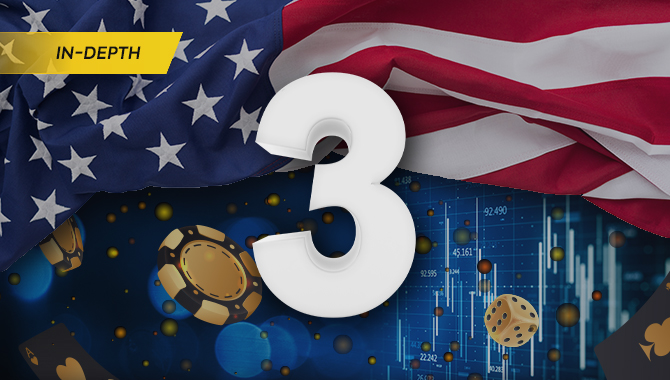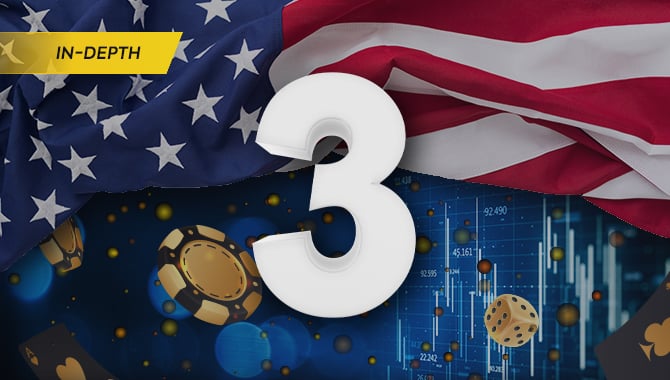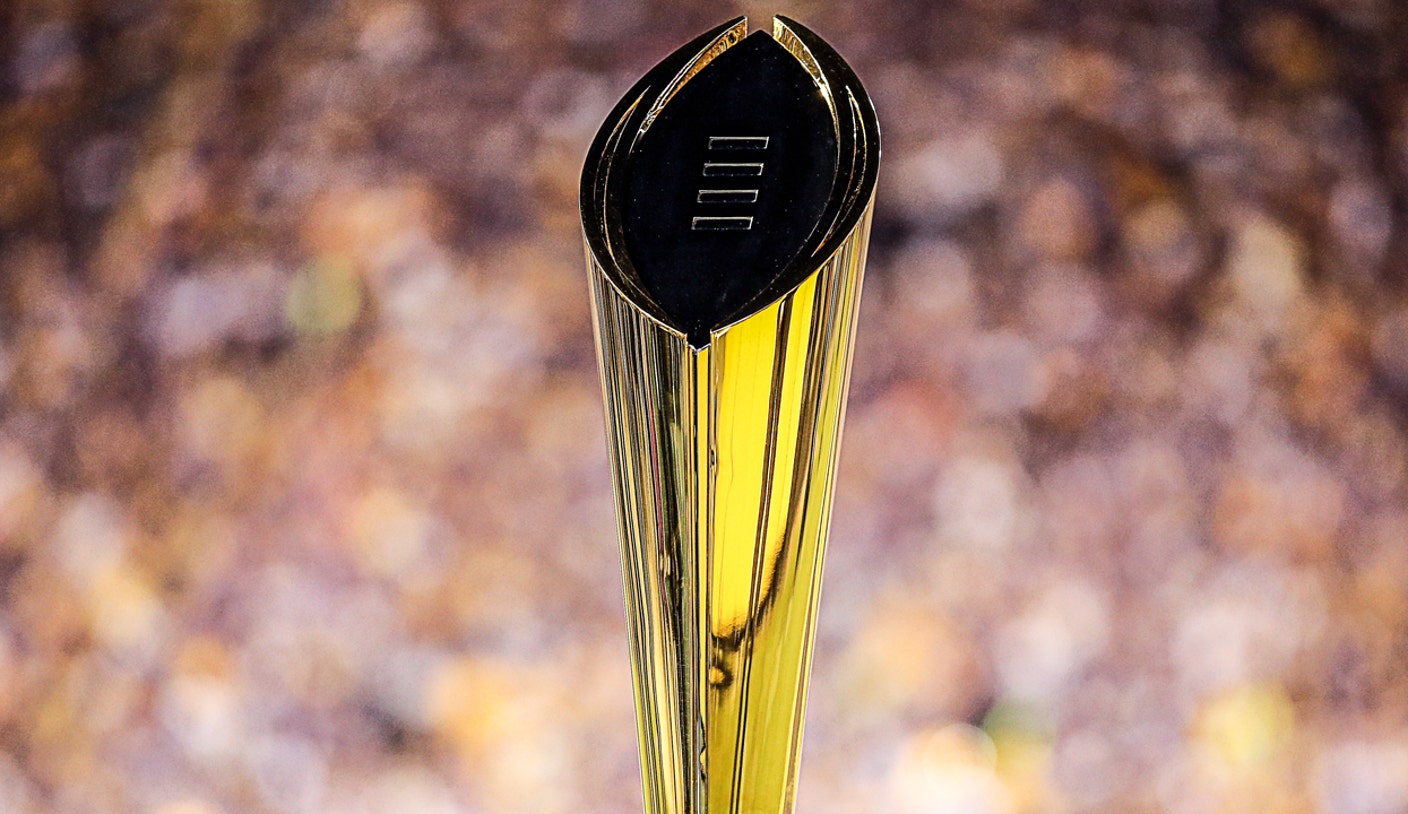
In the 72 months since PASPA was overturned, and the US became a hotbed for sports betting legislation, sponsorships and high-profile M&A, rarely has there been a busier news week than the one we just had.
Given those six years’ worth of relentless activity on the part of operators, regulators – and, of course, bettors themselves – that is quite an achievement.
And yet, during my time at Gambling Insider, I could perhaps count on one hand the weeks in which less has happened in US gaming. Last night, Caesars sold the World Series of Poker (WSOP) to GGPoker’s parent company in a $500m deal, DraftKings finally declared quarterly profitability (albeit with a caveat) and a host of tier-one operators reported $1bn+ quarterly revenues.
Even without considering the Venetian’s new poker room, IGT’s quarterly results, Aristocrat’s new House of the Dragon slot machine and the Global Gaming Awards Americas Shortlist being decided, there is plenty to process from North America this week.
Here are three key things we learned from all that activity…
Leave the poker to the pros
In April, WPT Global President Alex Scott joined me on the Huddle and spoke of online poker’s recent resurgence. More specifically, he spoke of a handful of privately owned poker specialists driving that resurgence.
GGPoker was chief among this drive, with the thesis being that large, hefty organisations like Flutter Entertainment – their expertise coming in sports betting and casino gaming – could no longer provide the attention a big brand like PokerStars needs.
Last night, backing that point up with some credence, NSUS, the parent company that operates GGPoker, bought the WSOP from Caesars for $500m.
Caesars and GGPoker already had a longstanding partnership in place, and Caesars’ decision to sell the WSOP intellectual property rights supports the notion that a poker-only organisation has both the time and the know-how to utilise a legacy brand in a way Caesars simply would not have the focus to.
PokerStars may be dwindling under Flutter, but the likes of GGPoker and WPT Global are not – because they focus solely on the poker side of things. If anyone is likely to take WSOP forward, its NSUS (and GGPoker).
So the deal makes sense, it’s one less thing to worry about for Caesars, with $250m in cash (the other half is a $250m promissory note due five years after closing) added to the bank.
There’s something about Caesars
Within the space of a week, the gap has not just narrowed but, at the time of writing, Caesars’ stock is now worth more than MGM’s
Caesars has plenty of other irons in the fire anyway – and its Q2 report this week prompted a surge in share price it had not seen in almost two years.
Indeed, at one point, Caesars stock was up 20% over a six-day period, peaking as high as $41.95 on 31 July. Shares have dropped since then, interestingly seeing a 6% dip after the $500m WSOP sale.
But it has been a great week overall for Caesars stock – especially if you line it against direct competitor MGM Resorts International. The industry giants ended last week with share prices of $34.21 (Caesars) and $42.44 (MGM).
Within the space of a week, however, that gap has not just narrowed but, at the time of writing, Caesars’ stock is actually worth more than MGM’s. That is unprecedented in recent times and represents quite the swing.
MGM still boasts a greater market capitalisation ($11.3bn vs Caesars’ $8.08bn). But the fact MGM has operations in Macau while Caesars is US-only makes this week’s proceedings all the more impressive.
This week’s H1 update from BetMGM, half owned by MGM and half owned by Entain, left room for improvement and may have had an impact on MGM’s stock. Yet the words and projections of Caesars CEO Tom Reeg seemed to have had the opposite effect on the market.
Investors are encouraged – what would someone like Entain give for a similar surge in confidence?
DraftKings
The market was able to see through the net income p. Only when DraftKings’ actual operations become profitable will investors sit up and take note
I almost fell off my chair when DraftKings, after all these years, declared an actual Q2 net income last night.
The operator’s ability to generate billions in revenue – literally – has been well-documented, but so too has its inability to turn a profit. I, personally, have written about this a lot.
Naturally, then, there would have been initial surprise and relief as DraftKings finally reported a net income of $63.8m.
There was, however, a caveat – which is exactly why DraftKings shares fell 4% after the report was announced. While revenue again grew 26% to $1.1bn for Q2, and while adjusted EBITDA was healthy enough at $127m (up 75% year-on-year), that initial net income p only came after $114.8m in depreciation and amortization.
From operations, DraftKings saw a loss of $32.4m, meaning it still has some way to go with its core day-to-day business.
The albeit smaller Rush Street Interactive showed a more “balanced” sheet this week, with the market reacting in kind – shares shot up after its Q2 earnings release and its stock sits at $10.77 at the time of writing, its highest point since 2022.
So, while DraftKings was technically profitable this quarter – an achievement that shouldn’t be knocked given its lack of hitherto net income – the market was able to see through that net income p. Only when DraftKings’ actual operations become profitable will investors sit up and take note.



